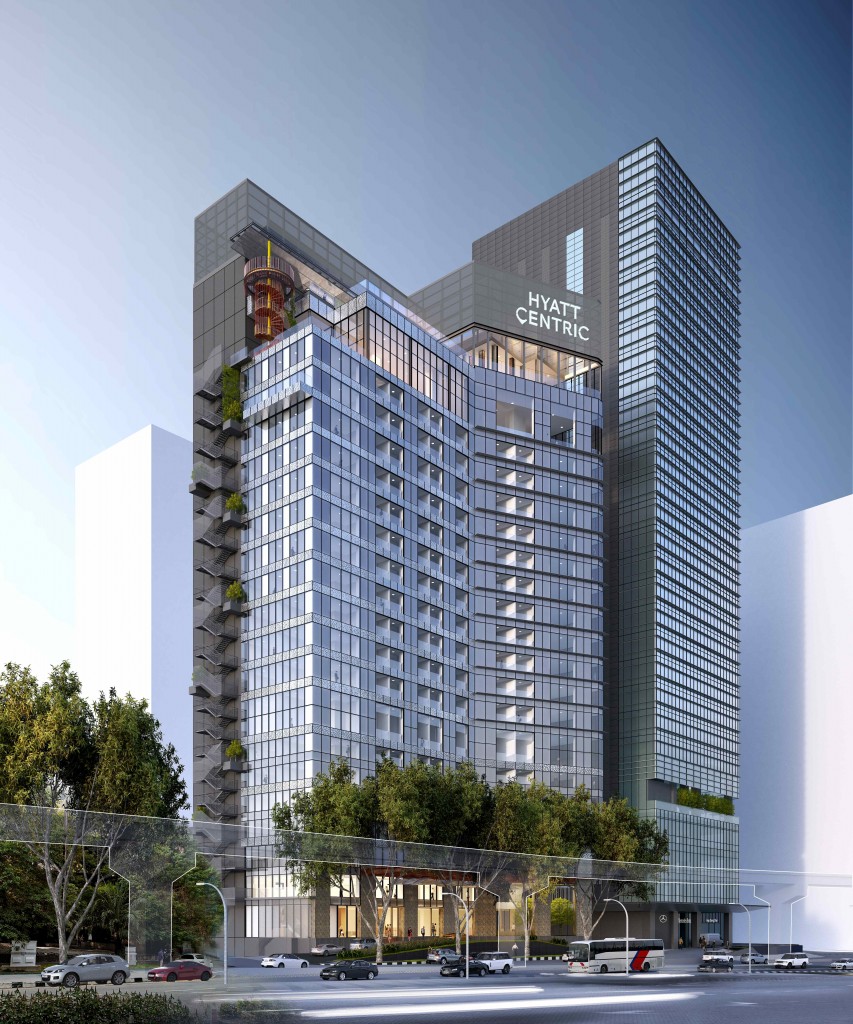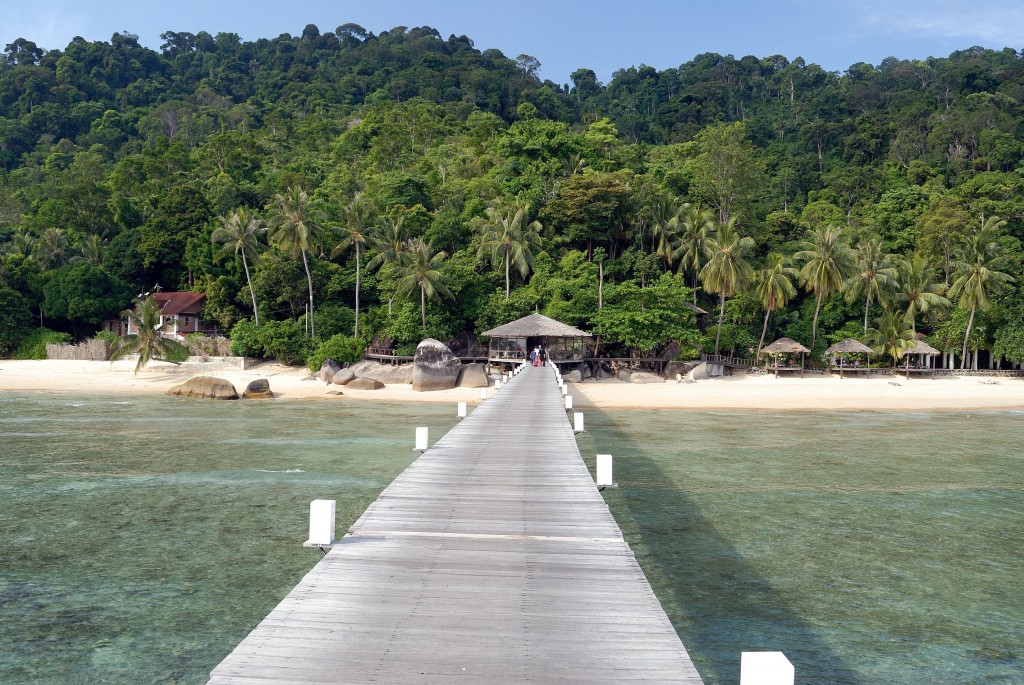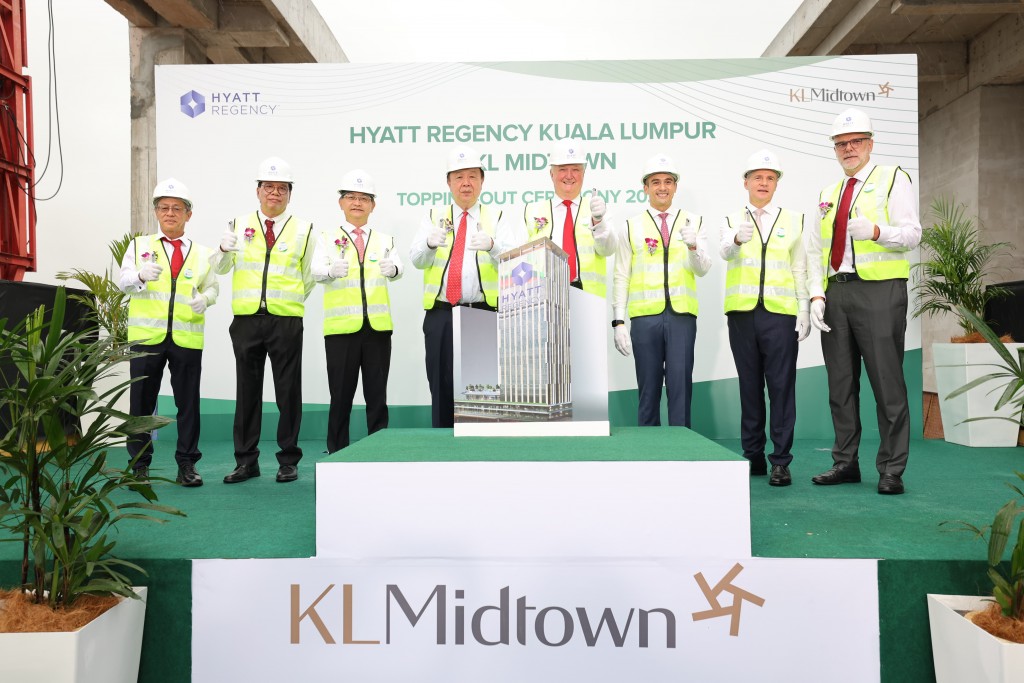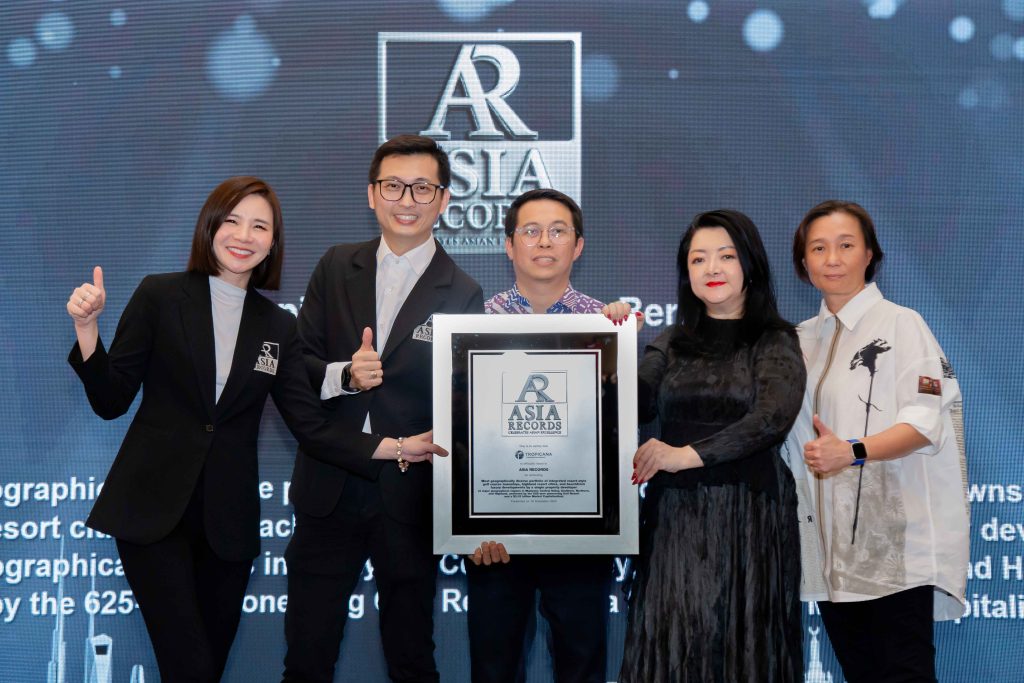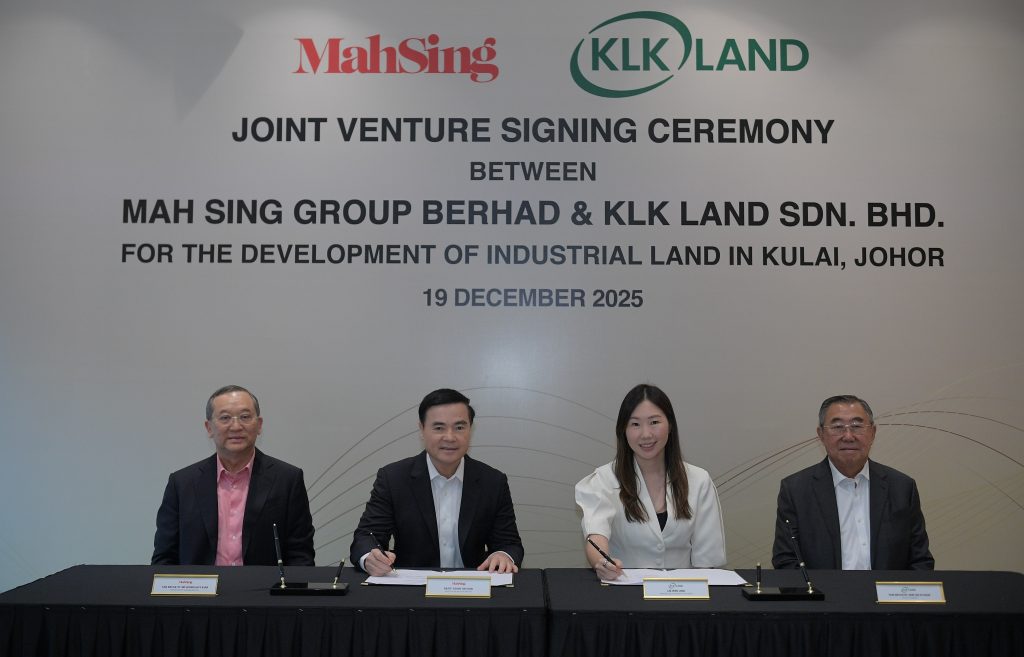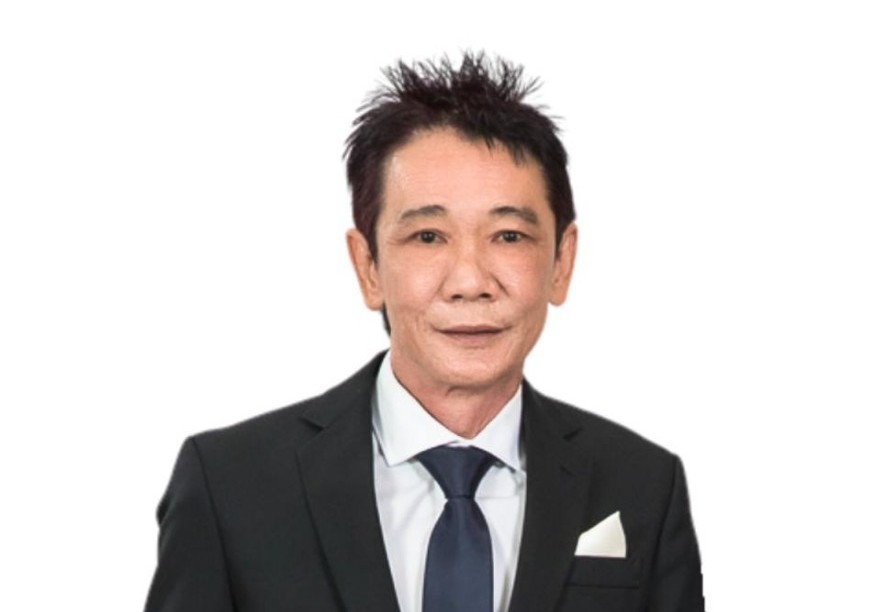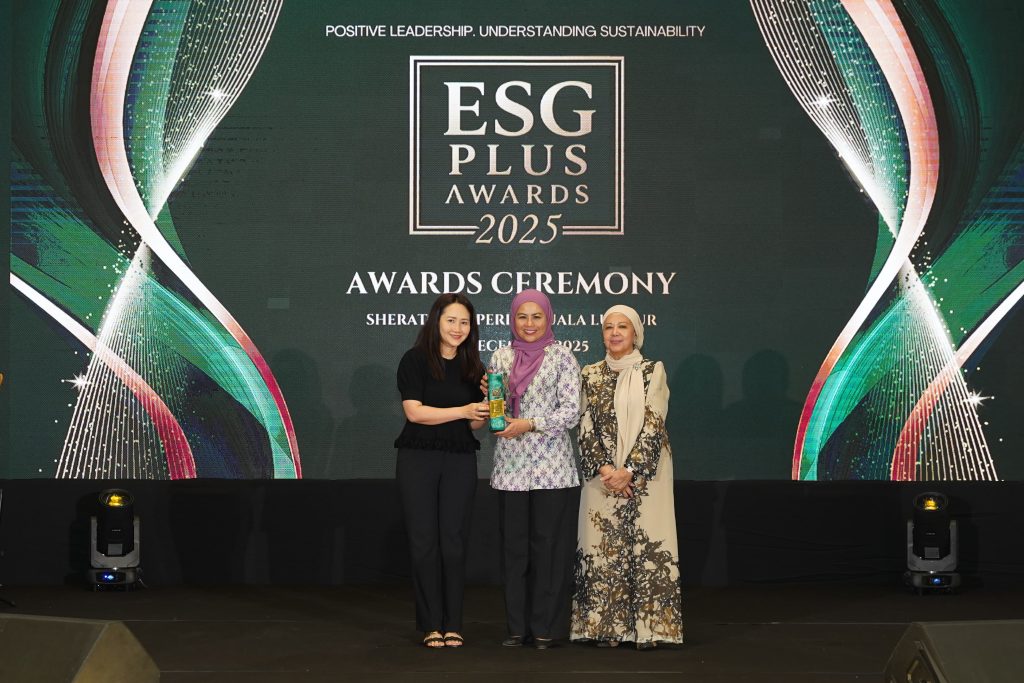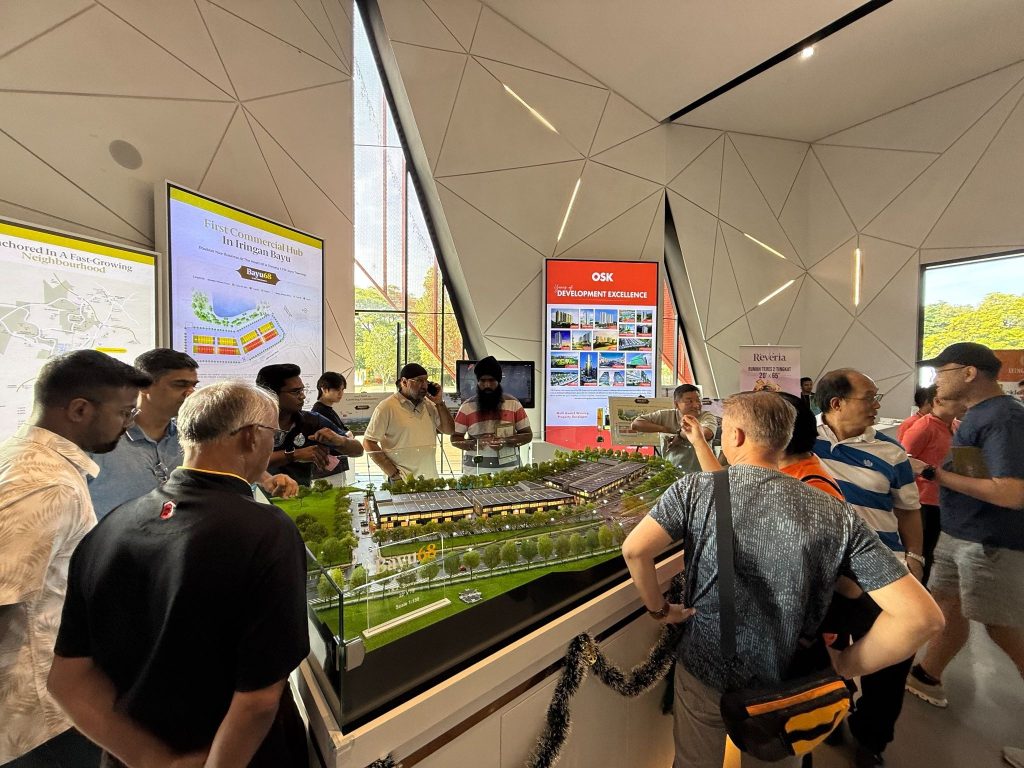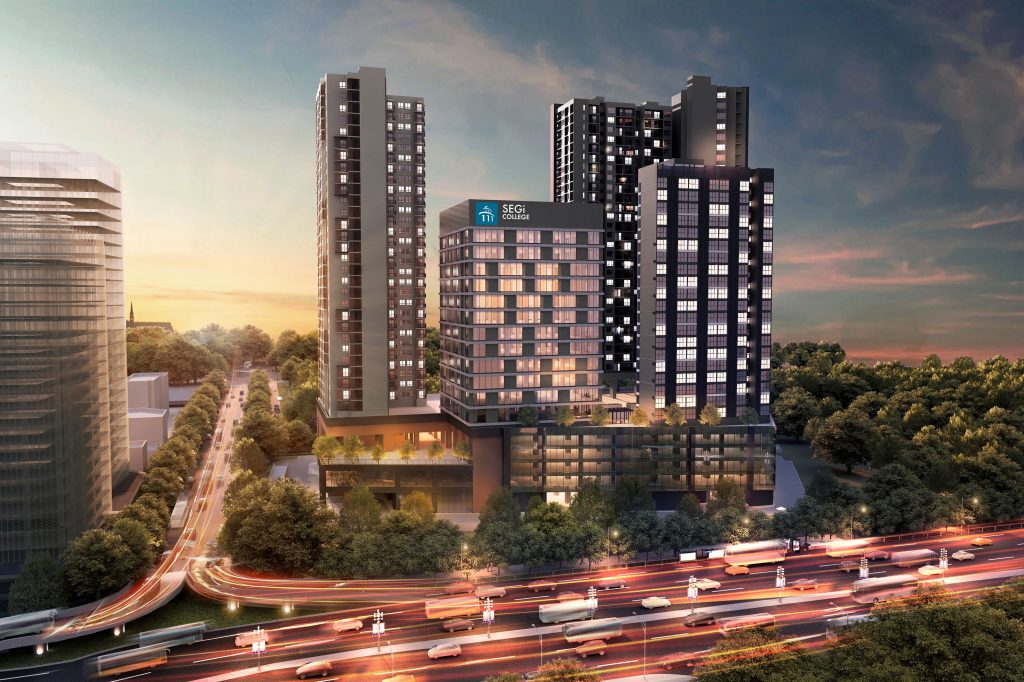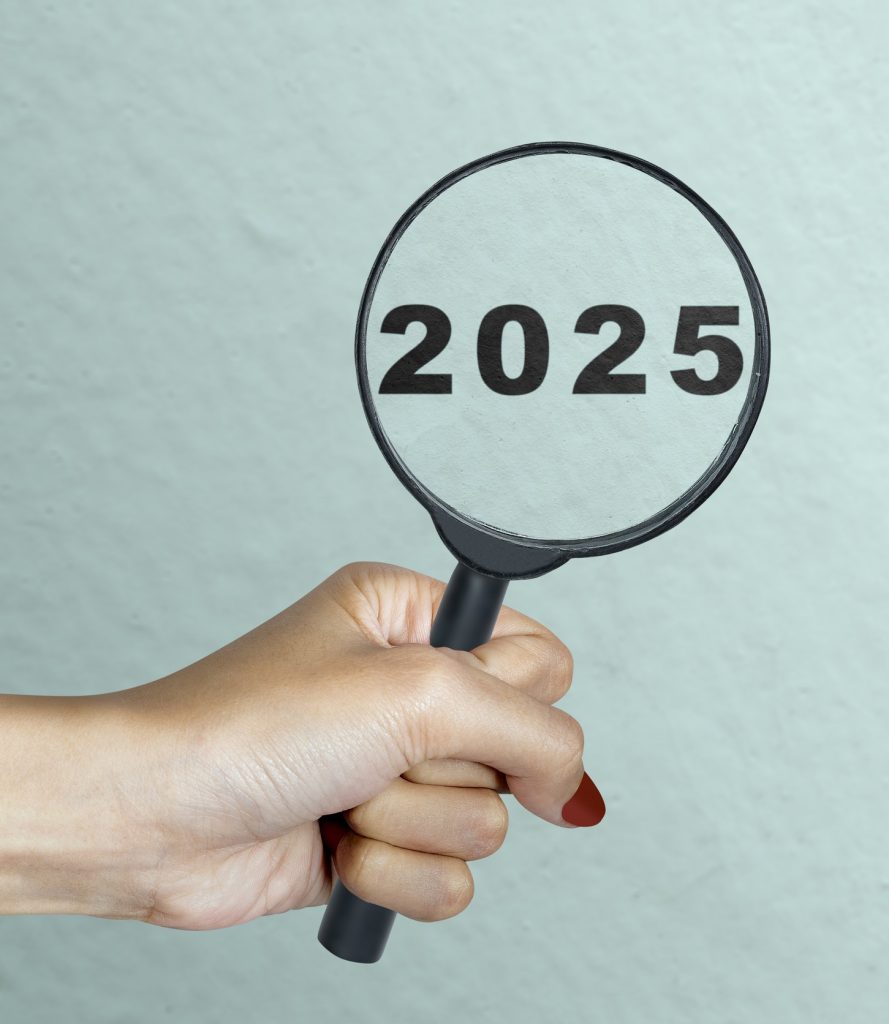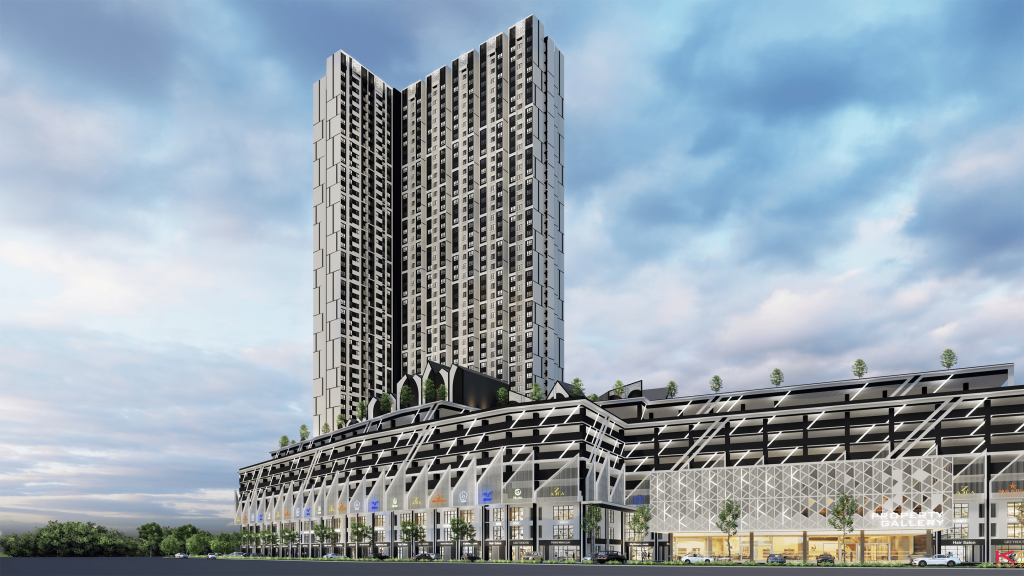SINGAPORE: Amidst the global economic recession and geopolitical uncertainty surrounding terrorism risks, Brexit and the 2016 USA Elections, business travel in Asia Pacific continues to demonstrate resilience with the region attaining the largest share of business travel spend ahead of North America and Western Europe.
Findings from the Hotel Price Radar Q2 2016 report released by HRS, the world’s leading global end-to-end hotel solutions provider, mirror results from the previous quarter, with Tokyo, Sydney and Singapore experiencing the highest per- night hotel room rates. Tokyo takes the lead with at an average room rate of SGD 280 per night.
Compared to a year ago, hotels in Asia Pacific recorded mixed results in rate development rates; Tokyo, Singapore, Sydney, Jakarta, Bengaluru and Bangkok observed increases while Dubai, Shanghai and Kuala Lumpur recorded a fall in rate development. Bengaluru saw the largest spike over the past year, with a rate development increase of +22.9%.
Uncertainty surrounding global geo-political events
The high level of global uncertainty leading up to Brexit, the USA Elections, and Australia Federal Elections is likely to have impacted business travel and hotel rates, given their potential to set off a cascade of events that could spark economic chaos.
Sydney for instance, recorded a fall in per-night hotel room rates over the past quarter, despite the devaluation of the Australian dollar - which was initially forecasted to boost both international and domestic corporate travel demand in the country. The Australian dollar has been of mixed appeal over the second quarter of 2016, with mild dips largely attributed to ambiguity leading up to the 2016 Australia Federal Election.
Positive developments in MICE industry
While majority of Asia Pacific cities observed a fall in per-night hotel room rates compared to Q1 2016, Jakarta, Bangkok and Kuala Lumpur were exceptions to this trend. This is largely attributed to positive movements in the MICE industry over the past quarter.
Kuala Lumpur exhibited strong interest in partnerships with both local and international players, particularly with the Kuala Lumpur Convention Centre strengthening its ties with the International Association of Professional Congress Organisers (IAPCO), Kuala Lumpur Tourism Bureau (KLTB), InvestKL and the Malaysian Association of Convention and Exhibition Organisers and Suppliers (MACEOS). Other hospitality players and tour operators have also taken interest in packaging products and services complementary to MICE development efforts.
Recording a positive rate development of +4.7% compared to Q2 2015, Jakarta has continued its upward trajectory with a per-night room rate increase over Q1 2016.
Business travel to the city is likely to have been more attractive than it has been in recent years, with the Indonesia Convention and Exhibition Bureau (Inaceb) established in late March to strengthen Indonesia’s MICE facilities. As the country begins rolling out the initial stages of its five-year master plan, we can expect continuous quarter-on-quarter growth.

Average room rate for hotel stays in Asian-Pacific metropolises.
Comparison of average rates, based on non-cancelled bookings. Includes both public and corporate bookings. Period: 01.04.-30.06.2016
The HRS Hotel Price Radar looks at per-night hotel room rates and is reflective of hotel reservation needs in a market during a specific time period and consequently, the destinations where companies are channelling their corporate travel budgets. The data obtained is based on hotel bookings made by over 40,000 corporate clients – including 3,000 end-to-end solutions global players from Fortune 500 companies such as Google, China Mobile, Hitachi, Huawei, Alibaba and Panasonic, via the HRS hotel portal in the second quarter of 2016.
“The top business travel destinations in the region have remained broadly consistent for the past few quarters now. An intensely competitive MICE climate will dictate further growth in the business travel sector, with countries like Kuala Lumpur and Jakarta developing aggressive strategies to grow their MICE industry,” commented Kimi Jiang, Vice President for HRS in Asia Pacific. “As we acknowledge geopolitical and economic risks that could impact business travel heading into the rest of 2016, travel managers will need to retain an additional degree of flexibility and agility as they navigate through an ever-changing global landscape – more than ever before.”
Underlining HRS’ strategy to ensure the region’s position as a premiere destination for MICE travellers, the organisation announced a new partnership with MICE expert Meetago early this year. The ‘HRS MICE’ solution is also expected to roll-out to the rest of the Asia Pacific by the end of this year.

